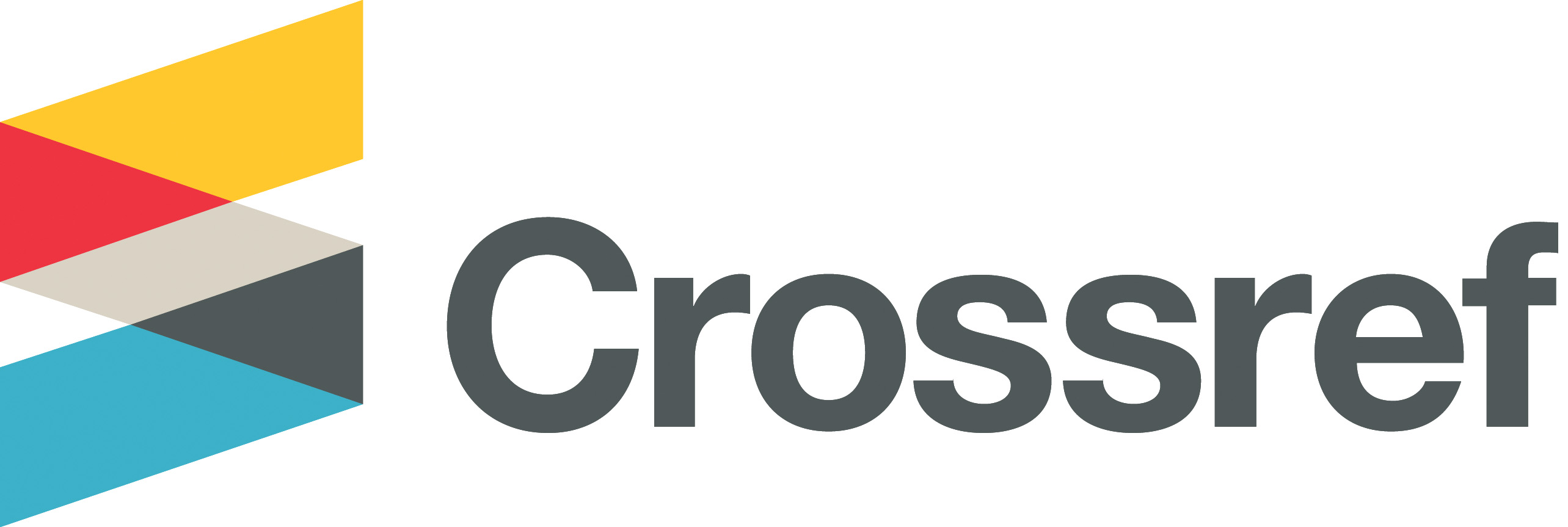Peer review policy
As a journal, we strive to deliver the greatest academic articles available for our audience. Because we want to ensure that all contributions are judged on their relevance, originality, and significance, we expect our journal editors to do just that.
As well as ensuring that the authors and contributions are appropriately acknowledged, there is no conflict of interests, and that any reference to the work of others is correctly cited, submissions should also be reviewed on the basis of their academic merit.
A critical part of the editorial process (and of the ultimate decision of publishing or not a submission) is the peer-review process. In the ABAA Journal, we support the “double-blind” peer-review process (the author doesn’t know who the reviewer is and vice-versa). We believe that this method ensures the most impartiality in the review process, decreasing drastically the chances of a conflict of interests or manipulation. That said, we expect ABAA journal editors who are in charge of the review process to be able to identify signs of tampering or bad intentions. To make this method work and protect the privacy of everyone who takes part, any personal information should be handled with the utmost care and confidentiality.
We also recommend that editors and reviewers familiarize themselves with COPE’s Ethical Guidelines for Peer Reviewers.













